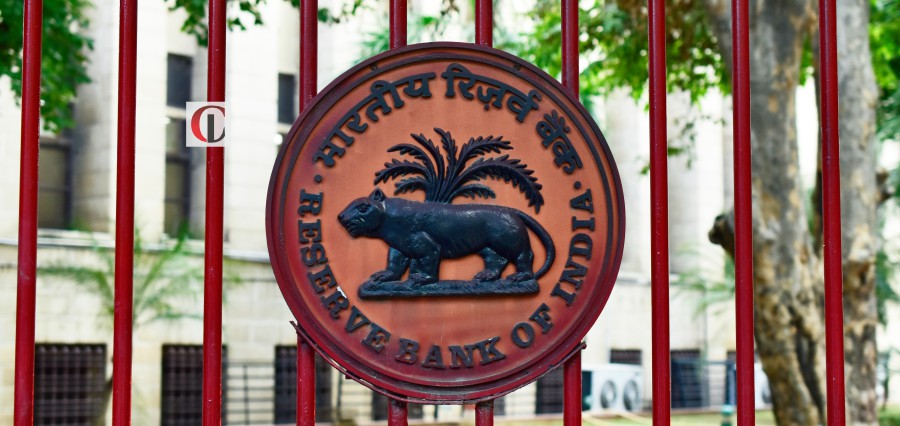On Monday, the Reserve Bank of India (RBI) announced stricter regulations for housing finance companies (HFCs) regarding public deposit acceptance, bringing them in line with non-banking financial companies (NBFCs). Under the new guidelines, the maximum amount of public deposits that a deposit-taking HFC can hold, if it meets all prudential norms and maintains a minimum investment-grade credit rating, has been reduced from three times to 1.5 times its net owned fund (NoF). HFCs exceeding this limit will be prohibited from accepting new deposits or renewing existing ones until they comply with the revised ceiling. Existing excess deposits may continue until maturity.
The RBI stated that these changes aim to align HFC regulations with those for NBFCs. Currently, there are 97 HFCs in India, compared to 26 deposit-taking NBFCs. The RBI has not permitted new NBFCs to accept public deposits for nearly two decades. As of March 2023, deposit-taking NBFCs represented 14.6% of the sector’s total assets. Notable deposit-taking HFCs include LIC Housing Finance and PNB Housing Finance.
In addition, the RBI has mandated that deposit-taking HFCs increase their liquid assets requirement from 13% to 15% of public deposits. By January 1, 2025, HFCs must maintain 14% liquid assets, and by July 2025, this will rise to 15%. HFCs must ensure full asset coverage for public deposits and report any shortfalls to the National Housing Bank (NHB).
The RBI has also revised the maturity periods for public deposits, now requiring repayment within 12 to 60 months. Existing deposits with longer maturities may be repaid according to their original terms. Furthermore, regulations concerning branches and agent appointments for deposit collection now apply to deposit-taking HFCs.
HFCs are now permitted to hedge operational risks, issue co-branded credit cards, and participate in various financial markets, including currency futures, interest rate futures, and credit default swaps (CDS). They may only use CDS to hedge credit risk on corporate bonds and cannot sell protection.
For More Details: https://ciolook.com/





